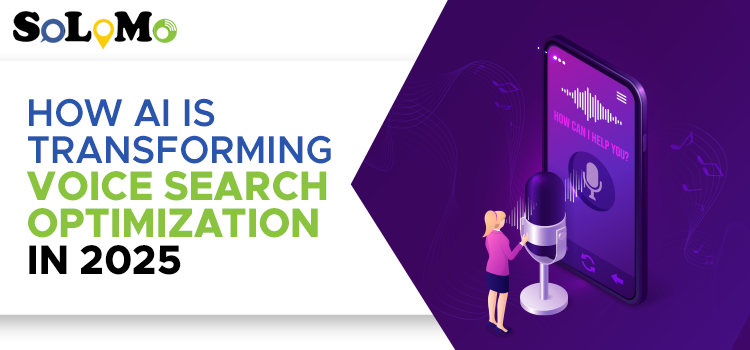With the rapid growth of voice-activated devices, businesses must adapt their content strategies to stay ahead in search rankings. Voice search is becoming an integral part of SEO digital marketing, making it essential for brands to optimize their websites accordingly. By leveraging artificial intelligence (AI), businesses can ensure their content aligns with conversational search patterns and enhances user experience.
Why Voice Search is Crucial for SEO
The increasing use of virtual assistants like Alexa, Siri, and Google Assistant has changed the way people search for information. Unlike traditional searches that rely on short keywords, voice queries are longer and more conversational. For instance, instead of typing “best coffee shop,” a user might ask, “Where is the best coffee shop near me?” This shift means businesses must prioritize natural language content and long-tail keywords in their SEO digital marketing strategies.
AI’s Role in Voice Search Optimization
Artificial intelligence plays a key role in voice search by understanding user intent, processing natural language, and delivering relevant results. AI-driven tools analyze speech patterns and predict search behavior, allowing businesses to create content that answers specific questions effectively. This enhances engagement and boosts search rankings, a crucial aspect for any SEO company aiming for top-tier visibility.
Effective Strategies for Voice Search SEO
1. Use Conversational Keywords and Long-Tail Phrases
Voice search relies on natural language, so optimizing for longer, question-based phrases is essential. AI tools can help identify commonly used queries, ensuring content aligns with what users are asking.
2. Optimize for Featured Snippets
Search engines often pull voice search responses from featured snippets (position zero results). Structuring content in a way that provides clear, direct answers increases the chances of appearing in these snippets.
3. Implement Schema Markup
Adding structured data helps search engines better understand the context of your content. AI-driven solutions can assist in applying schema markup, improving the chances of ranking in voice search results.
4. Enhance Mobile Experience
Since most voice searches occur on mobile devices, ensuring a mobile-friendly website is essential. AI tools can analyze mobile usability, load speed, and navigation, helping businesses create a seamless experience for users.
5. Leverage AI Analytics for Continuous Improvement
AI-powered analytics tools provide insights into how users interact with voice search. Monitoring these metrics helps businesses refine their content strategies, improving their overall SEO digital marketing efforts.
The Future of Voice Search and AI
As AI continues to evolve, voice search technology will become even more sophisticated. Businesses must stay updated on these advancements and integrate AI-driven strategies to remain competitive. An experienced SEO company can provide valuable insights and solutions to optimize content for this growing trend.
Conclusion
Optimizing for voice search is no longer optional—it’s a necessity in modern SEO digital marketing. By implementing AI-driven strategies, businesses can improve search visibility, enhance user engagement, and stay ahead in an increasingly voice-first digital landscape. Partnering with a professional SEO company can ensure your content is optimized for success in the evolving world of search engines.

